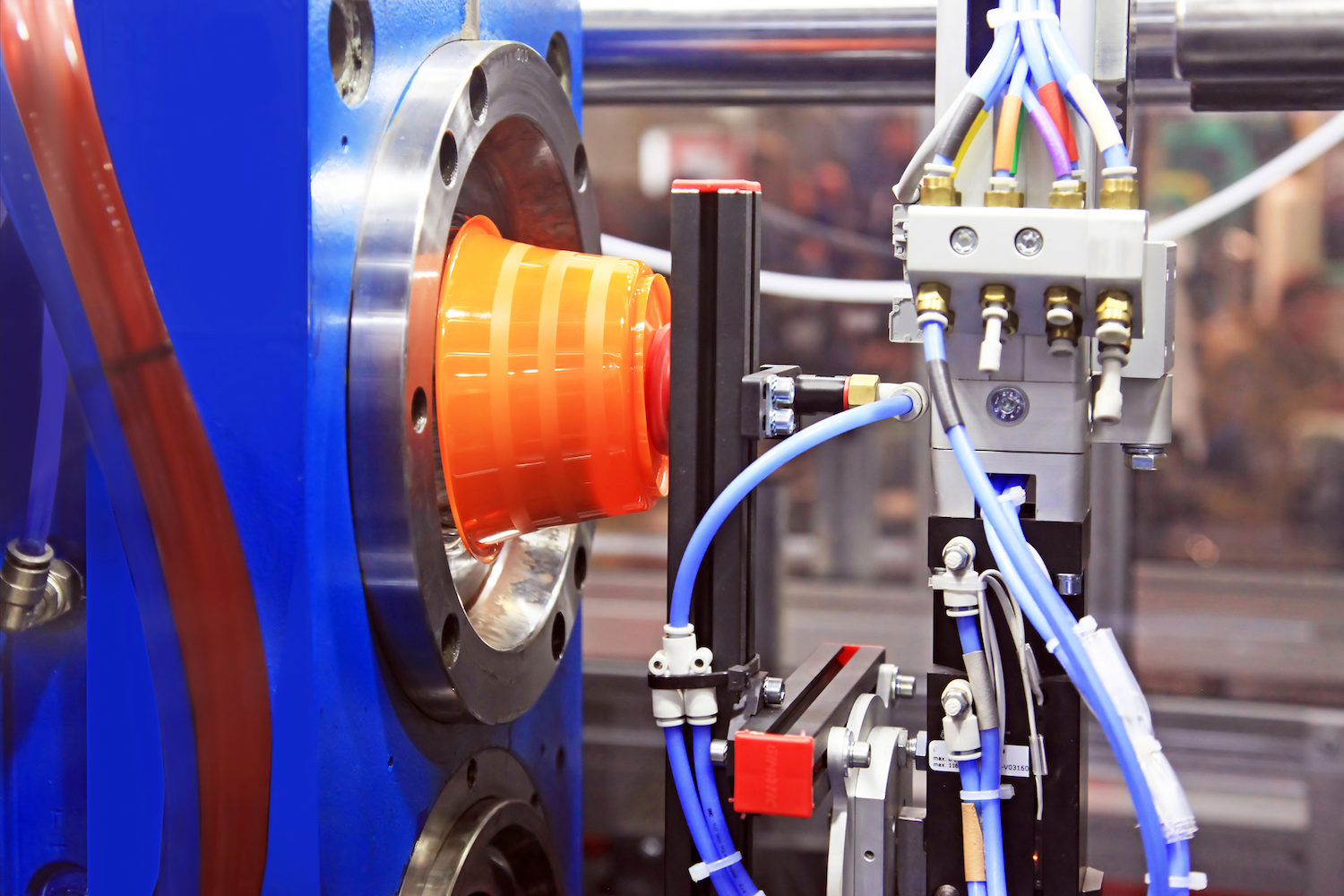
How to Make Injection Moulding Effective
May 18, 2020
Injection moulding is a vital process within large-scale production in the plastics industry. Its focus on efficiency, reliability and profitability has ensured that the multi-billion dollar industry will not be going anywhere soon.
With that in mind, it seems prudent to explore the ways in which this process experiences shortcomings and how those can be improved through the introduction of dry, conditioned air.
Why would you need to change anything?
Plastics are clearly a productive industry, and injection moulding by default has shared in that success. So why would there be a need to change anything when it is so clearly working well?
As with any industry that experiences growth, it becomes saturated with more and more companies that offer the same service. This ensures an increase in the overall industry standards.
Everything ranging from product quality to the efficiency of the production line is under increasingly greater pressure to be at the highest standard. There is far too much competition nowadays for products to be sub-par.
There is also a greater level of environmental responsibility within companies. Scrappage has gone from being a common by-product of production to something that should be avoided.
With plenty to consider for plastics manufacturers to stay ahead of the game, many will be looking to solve a series of these smaller problems instead of looking for a change that will affect the whole production line.
What are the issues?
When the plastic granules are melted and poured into the mould cavity- they will take any atmospheric moisture with them as they go. This may not seem like an issue at first, but in the drying and hardening process, these lapses of control become evident.
On a purely aesthetic level, allowing moisture into the process causes it to evaporate and therefore steam while in the mould. This creates an almost veiny effect on the exterior of the plastic- sometimes referred to as ‘splay’.
The primary issue isn’t an aesthetic one but instead a structural one.
It is far more costly to your bottom line and your brand if your product is below the minimum standard that you set for the integrity of your plastic. Moisture causes the structure of the plastic to weaken, weak plastic means a weak product.
Avoiding any form of brittleness in your product should be one of the first things that you try to protect yourself against within the world of plastics. The strength of your brand is the strength of your product in this industry.
How do you fix it?
Luckily, the solution to fix any moisture-related issues within the injection moulding process is a surprisingly simple one.
For total control over ambient conditions, the answer is desiccant dehumidification.
By conditioning and controlling the flow of air over particular areas of your facility, you can eliminate any risk of the effects of moisture at its source.
A desiccant dehumidification unit blows dry air over the plastic granules- ensuring that there is no moisture in the atmosphere surrounding them that can be absorbed.
This is the only sure method that will eliminate all issues that ambient conditions cause. Heating is an expensive way to help stop moisture from depositing on plastic- but it is also risky.
Ventilation is often the next option that many would choose. The issue with this lies in the fact that you would be replacing humid, unconditioned air with the exact same humid conditions.
Treating the air around your product in the injection moulding process will ensure that humidity will have no effect on the quality of your product while helping improve consistency within your factory.
For more information on how DEHUM can help with injection moulding, please visit http://dehum.com/applications/general-industrial/ or call us on 01926 882624.
For over twenty-five years, DEHUM (Sorption Wheel Services Limited) has been a major supplier of humidity control systems. We are a true Engineering Company, designing, supplying and coordinating installations of equipment alongside complimentary services. Our global client list spans all industries, including food & drink, pharmaceutical, nuclear, automotive, aviation, chemical processing, ice prevention/cold storage, car storage and archives.









